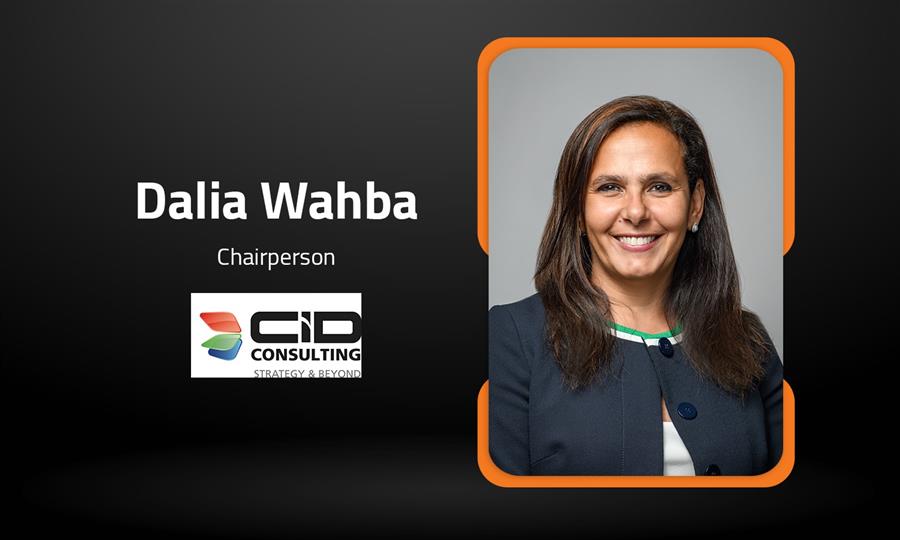Egypt Remittances: Attracting Transfers via Formal Channels
Updated 10/17/2023 8:00:00 AM
Remittances are considered one of the main sources of foreign currency for developing countries like Egypt. However, Egypt has been facing some challenges in encouraging Egyptians abroad to transfer their remittances via formal channels. Therefore, the country has been taking several steps to face these challenges and enhance the inclusion of remittance transfers into the economy. Yet, more needs to be done to boost remittances received by the country via formal channels.
Remittances Contribution to Economy
Remittances received from Egyptians abroad affect the country on both the macro and micro levels. Hélène Syed, Executive Director at ESLSCA Research Center of Excellence (ERCE), ESLSCA University in Egypt, tells Arab Finance: "On the macro level, when money is sent back home, it boosts the country’s overall economy. It increases the gross domestic product (GDP) by boosting demand through increased consumption and investment. Remittances are also a source of foreign currency and supplement other financial resources. They can help improve the country’s balance of payments (BoP) and reduce poverty and income inequality at the national level."
Ahmed Fawzy Hussein, PhD Holder, Assistant Professor in Economics, agrees, saying: “When Egyptians abroad send money back home, it increases the country's current account balance, which is a component of the BoP. This inflow of foreign currency helps improve the country's overall BoP position, as it adds to the surplus and strengthens the foreign exchange reserves. The remittances also contribute to maintaining the stability of the Egyptian pound and strengthen the country's ability to meet its import obligations.”
On the microeconomic level, remittances have the potential to boost living standards. Syed explains that “recipient households can improve their living conditions, experiencing a decrease in poverty and an improvement in education and health outcomes. Household members left behind can also use remittances to start a business and make decisions about whether and to what extent to participate or not in the labor market. These impacts can be particularly significant in rural areas. Evidence is available and has supported this impact in Egypt in different contexts within the country.”
Remittances: Current Challenges
Remittances from Egyptians abroad declined by 30.8% to $22.1 billion in fiscal year (FY) 2022/23, compared to $31.9 billion a FY earlier, according to the Central Bank of Egypt (CBE).
Hussein, an Egyptian doctor working in Germany, told the BBC in August: “I made my family in Egypt spend from my previous savings in the local currency instead of transferring money in euros due to the double exchange rate of the Egyptian pound against foreign currencies.”
This comes as Egyptians abroad are wary of having several exchange rates in formal channels compared to parallel markets. Accordingly, many Egyptians abroad choose to transfer their remittances via informal channels.
Boosting Remittance Transfers
The government is working on encouraging Egyptians abroad to transfer their money through formal channels. In March, Minister of Emigration and Expatriate Affairs Soha Gendi revealed that the country does not have any plans to tax the remittances of Egyptians abroad.
This comes as Egypt has been taking several steps, including offering lands and households owned by the New Urban Communities Authority (NUCA) in exchange for payment in dollars, which mainly targets Egyptians abroad, in addition to the tax-free car import initiative for Egyptians abroad.
Meanwhile, banks are competing to launch savings products and funds with the aim of enhancing the remittances of Egyptians abroad, whether through exemption from commissions, offering savings funds in dollars, or launching dollar insurance policies.
Moreover, encouraging digital channels can place remittances in the formal sector. Hussein says that "in order to encourage Egyptians abroad to use formal channels for their transfers, the country can take several measures. Firstly, enhancing the accessibility and convenience of formal channels, such as banks and licensed money transfer operators, can encourage individuals to choose them over informal channels. This could include simplifying the remittance process, reducing transaction costs, and expanding the reach of formal financial institutions."
Additionally, boosting awareness and enhancing the convenience of formal channels can attract Egyptians abroad to transfer their remittances through formal channels, according to Hussein.
Meanwhile, Khaled Abushadi, an economic analyst, told Al Ahram Newspaper in June: "As long as there are two exchange rates in the country, there will be no stability in the market, and there will be no trust as well. The situation requires not just devaluation but a real flotation of the currency."
Attracting remittances can benefit the economy as it secures foreign currency. To do so, the formal channels need to be competitive compared to the informal transfer methods. Through awareness, innovation, low transfer fees, and a competitive exchange rate, the country can encourage Egyptians abroad to transfer remittances via formal channels.
By Sarah Samir
Related News










